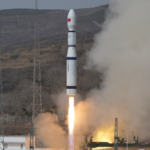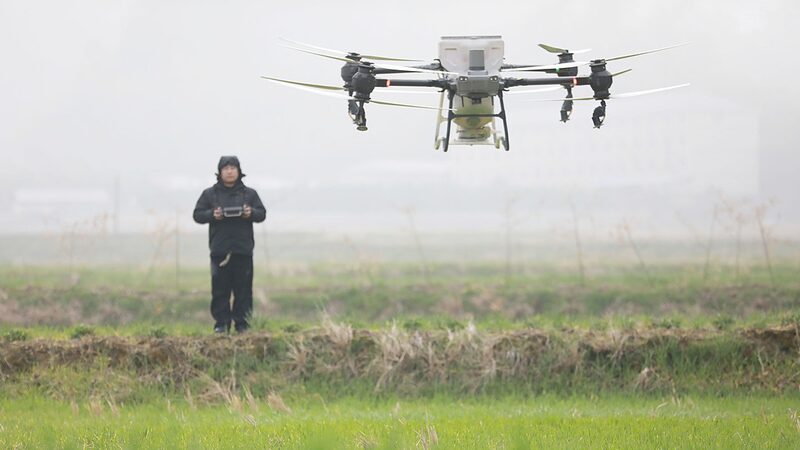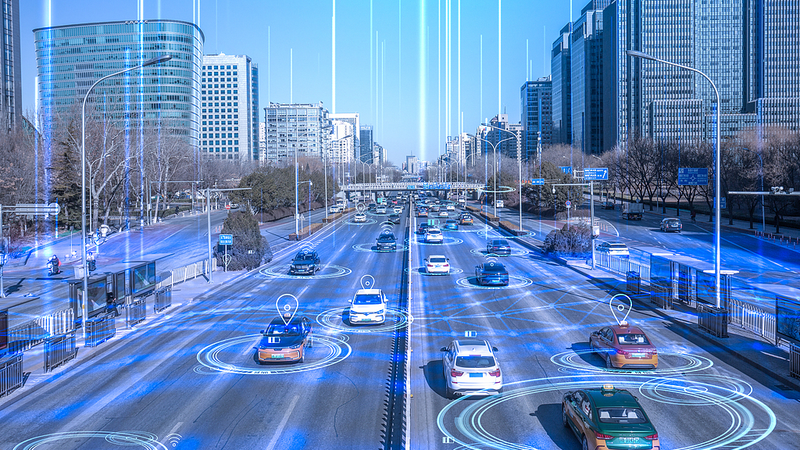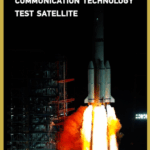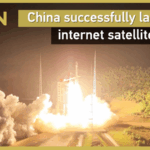From guiding cargo ships across oceans to enabling precision agriculture in remote villages, China's BeiDou Navigation Satellite System has quietly become a cornerstone of global technological infrastructure. As the world's fourth global satellite navigation network, BeiDou now provides centimeter-level accuracy to over 200 countries and regions, challenging traditional systems while creating new opportunities for international collaboration.
A New Era of Global Navigation
Unlike its predecessors GPS (U.S.) and Glonass (Russia), BeiDou offers two-way communication capabilities through its unique short message service. This innovation proved critical during the COVID-19 pandemic, enabling remote medical coordination in Indonesia's archipelago and real-time tracking of vaccine shipments across Africa.
Economic Impacts and Opportunities
For business leaders eyeing Asian markets, BeiDou's integration into logistics networks is revolutionizing regional commerce. In Thailand, delivery companies report 30% efficiency gains through BeiDou-enabled fleet management. Pakistan's Gwadar Port now handles 45% more cargo since implementing BeiDou smart positioning systems.
"BeiDou isn't just Chinese technology \u2013 it's becoming part of global digital infrastructure," noted a Singapore-based tech analyst. "Its affordability makes advanced navigation accessible to developing economies."
Cultural Connections Through Technology
Asian diaspora communities benefit from BeiDou-powered apps like WeChat Location Sharing, while cultural explorers rely on its augmented reality guides at UNESCO World Heritage sites from Angkor Wat to the Great Wall. The system's growing compatibility with international standards creates new pathways for cross-cultural innovation.
Looking to the Stars
With plans to expand its 45-satellite constellation and develop quantum-resistant encryption, BeiDou represents China's commitment to technological sovereignty and international cooperation. Recent partnerships with Brazil's space agency and the International Maritime Organization suggest its global influence will only grow as smart cities and autonomous vehicles become mainstream.
Reference(s):
cgtn.com

